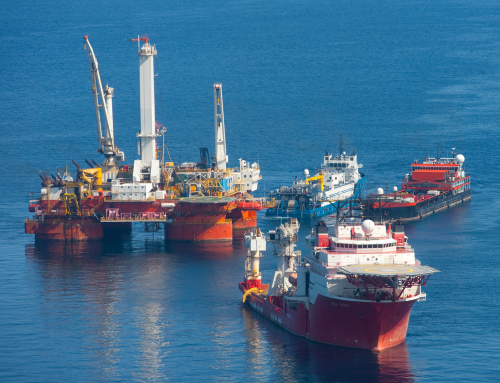
The BP International Centre for Advanced Materials (BP-ICAM) will be modelled on a 'hub and spoke' structure, with the ‘hub’ located within the UK University of Manchester’s Faculty of Engineering and Physical Sciences. The 'spokes' and other founder members are the University of Cambridge and Imperial College London in the UK, and the University of Illinois at Urbana-Champaign in the US.
The BP-ICAM will carry out research into seven primary areas – structural materials, smart coatings, functional materials, catalysis, membranes, energy storage and energy harvesting – with the initial focus on:
- structural materials such as new metal alloys and composites for deepwater production and high pressure/high temperature reservoirs;
- smart coatings, for increased protection from the elements and improving a structure’s usable life, protecting pipelines and offshore platforms from corrosion; and
- membranes and other structures for separation, filtration and purification of oil and gas, water and chemicals in production, refining and biofuels processes and petrochemicals.
|
Deepwater production is a challenging frontier. Deepwater oil and gas resources are an important part of the energy mix. Globally, deepwater resources account for around 7% of global oil production. This is expected to rise to nearly 10% by 2020. Drilling for and producing oil and gas from deepwater reservoirs create many engineering and technical challenges. The oil and gas reservoir itself can be as much as 35 000 ft (10 660 m) below sea level, under kilometres of hard rock, thick salt and tightly-packed sands. Once oil and gas are discovered in a deepwater field, massive production platforms and specially-designed systems and pipelines are required to extract and transport the oil and gas to shore. For example, the topside area of BP's Thunder Horse platform in the Gulf of Mexico is the size of three football fields. It contains equipment and systems capable of processing a quarter of a million barrels of oil equivalent per day from more than 20 wells. It involves many new technologies and their design, testing and construction required a new generation of subsea equipment. |
“Advanced materials and coatings will be vital in finding, producing and processing energy safely and efficiently in the years ahead, as energy producers work at unprecedented depths, pressures and temperatures, and as refineries, manufacturing plants and pipeline operators seek ever better ways to combat corrosion and deploy new materials to improve their operations," says Bob Dudley, BP group chief executive.
The 10-year investment programme is expected to support 25 new academic posts, along with 100 post-grad researchers and 80 postdoctoral fellows.


